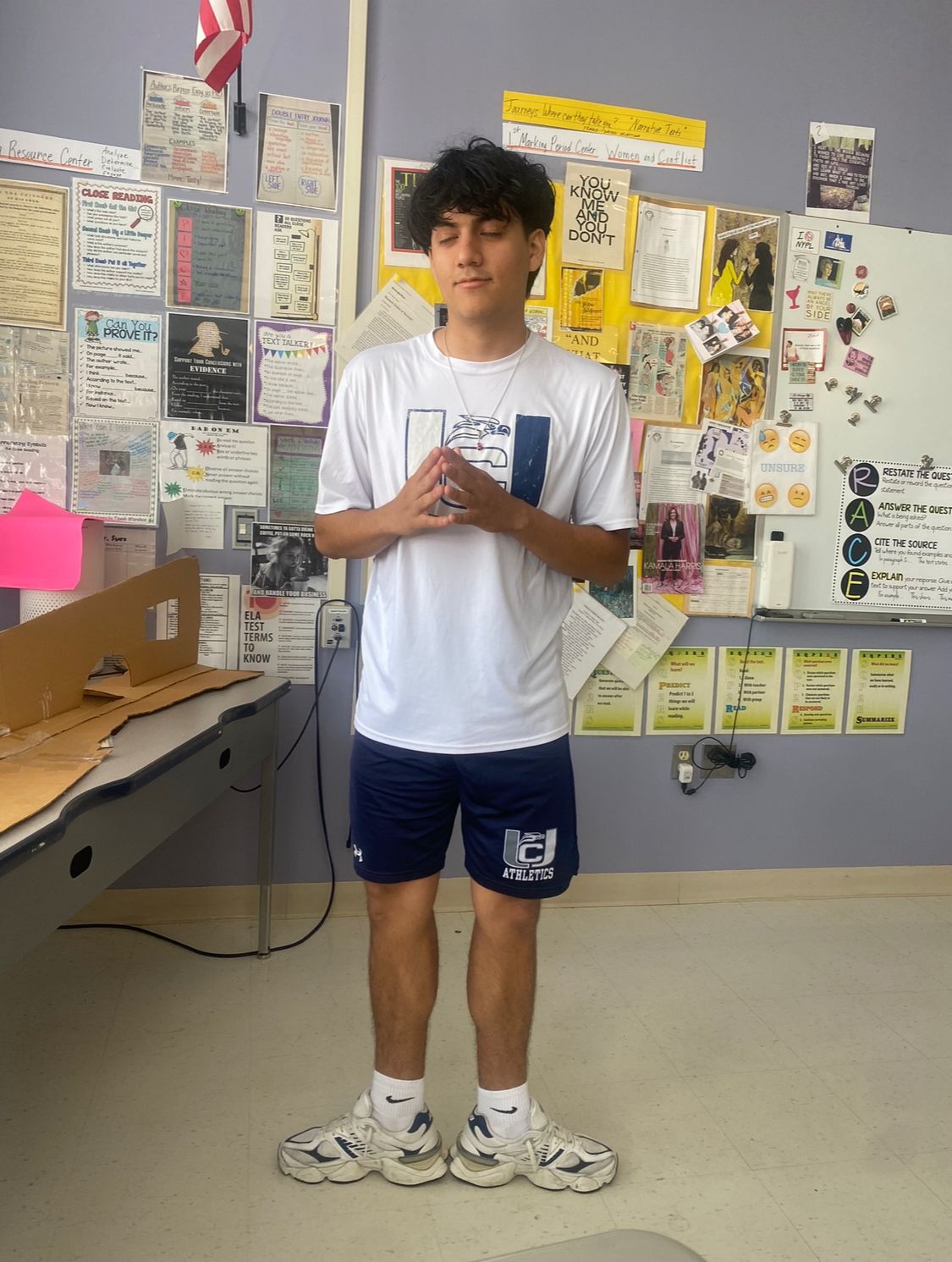The Cruelest Prank: Wes Moore and the Illusion of Freedom
In Wes Moore's powerful memoir, The Other Wes Moore, we witness a heartbreaking scene where young Wes is tricked into believing he's going home. A forged letter, a carefully orchestrated phone call – all designed to give him a taste of freedom before cruelly snatching it away. This devastating prank leaves a lasting impact on Wes, underscoring the harsh realities of his situation and the desperation that can fester in the absence of hope.
This incident resonated with me deeply, bringing back a memory of a prank played on me during my childhood. While nowhere near as consequential as Wes's experience, it still left a bitter taste. I was maybe eight years old, and my older brother convinced me that our local convenience store was giving away free candy to every kid who walked in. The image of that overflowing candy aisle was burned into my brain as I excitedly raced to the store, only to be met with confused stares and the crushing realization that I'd been duped.
The feeling of disappointment was profound. It wasn't just about the candy; it was about the betrayal of trust, the shattering of an illusion. For a moment, I had allowed myself to believe in something wonderful, only to be brought crashing back down to reality. It made me question my brother's motives, and it certainly made me more wary of his "amazing" pronouncements in the future.
Wes's experience, of course, carries far greater weight. He's not just disappointed by the lack of candy; he's confronted with the crushing reality of his confinement. He's trapped in military school, a world of strict discipline and rigid expectations, a far cry from the loving, albeit chaotic, environment of his home. The prank momentarily lifts him out of this reality, offering a glimpse of the life he longs for. But when the truth is revealed, the fall is even harder. The walls of his confinement seem to close in, the weight of his circumstances becomes heavier.
This cruel trick serves as a turning point for Wes. It forces him to confront the harsh truth that there are no easy escapes, no magical solutions to his problems. He realizes that his dreams of freedom won't materialize through luck or trickery; he'll have to find another way, a way that demands effort, discipline, and perseverance.
The prank also highlights the desperation that can simmer beneath the surface in an environment like military school. The perpetrators, themselves caught in the same system, find a twisted sense of power in manipulating Wes's emotions. Their actions are a reflection of their own frustration, their own yearning for control in a situation where they often feel powerless.
Wes's story serves as a reminder of the importance of empathy and compassion. While pranks can be harmless fun, they can also be deeply hurtful, especially when they prey on someone's vulnerabilities. It's crucial to consider the impact of our actions on others, to recognize that a moment of amusement for one person can cause lasting pain for another.
In the end, Wes emerges from this experience stronger and more determined. He learns a valuable lesson about the nature of hope and the importance of self-reliance. He realizes that true freedom isn't something that's given; it's something that's earned. And he sets his sights on a path that will lead him, eventually, to the life he deserves.


A descriptive commentary about the effects pranks and the breaking of trust can have on children and young people. You analyze and describe the author Wes Moore's situation in military academy, and offer the reader some of Wes' feelings of confinement, anxiety, feelings of hope, and the breaking of trust.
ReplyDeleteA strong conclusion: "In the end, Wes emerges from this experience stronger and more determined. He learns a valuable lesson about the nature of hope and the importance of self-reliance. He realizes that true freedom isn't something that's given; it's something that's earned. And he sets his sights on a path that will lead him, eventually, to the life he deserves."